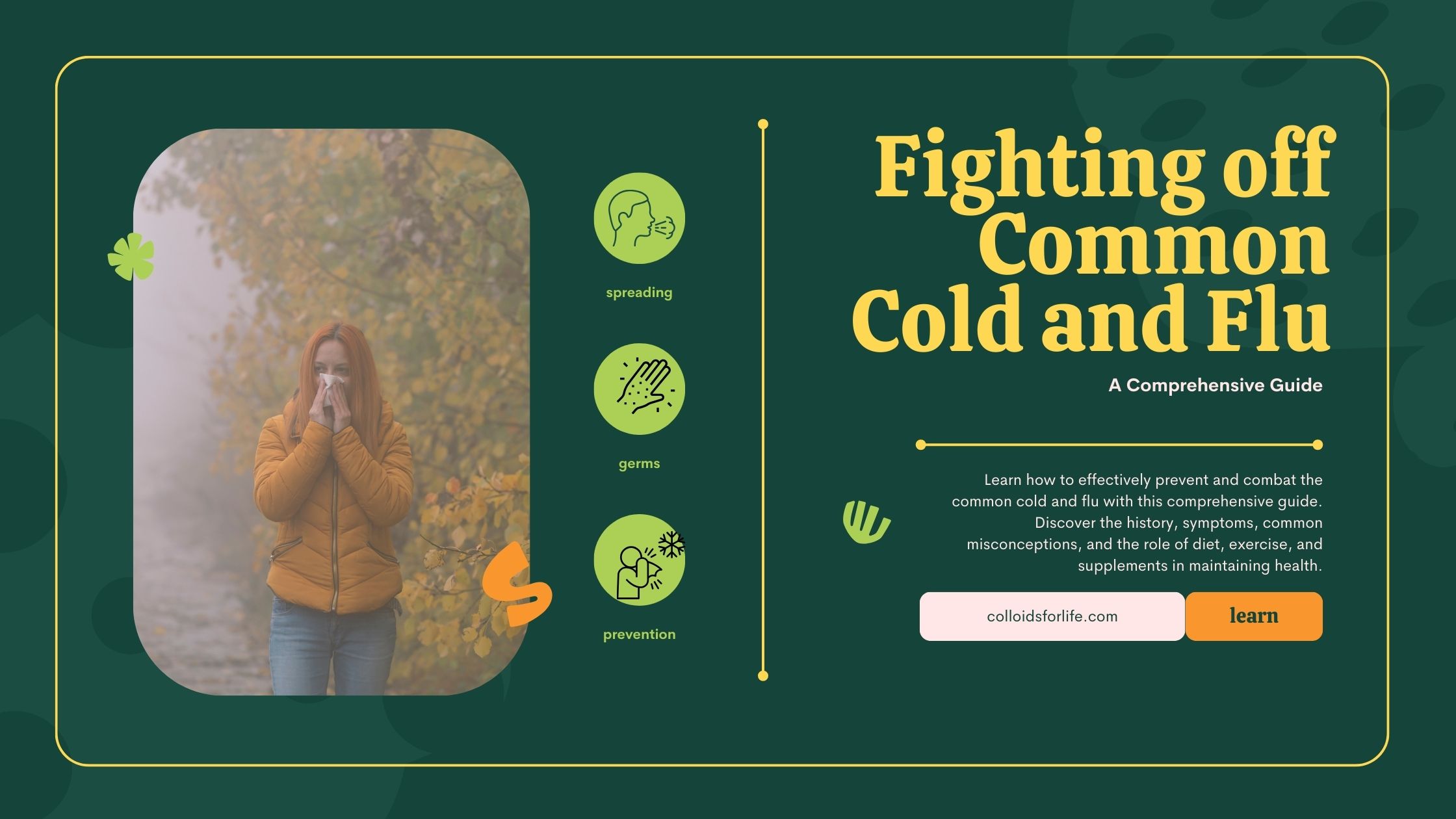
There seems to be a common misunderstanding about diseases: many common diseases are not interchangeable with the pathogens (bacteria, viruses, and fungi/yeasts) that cause them.
For example, pneumonia is a deep infection of the lungs. Saying "I have pneumonia" means "something has infected the passages and air sacs in my lungs." The "what" causing the infection could be bacteria, a virus, or a fungus/yeast.
Except in the case of chronic infections, which are diagnosed as chronic because they occur repeatedly within a six-month period or never go away, recurrent illnesses are not necessarily caused by the same pathogen each time.
For example, an ear infection might be caused once by a fungus when water is left in the ears. Another time, it could be caused by bacteria if one swam in a dirty lake or other body of water.
This distinction is crucial not only for understanding and taking an interest in one’s health and medical care but also because antibiotics are often over-prescribed, sometimes due to doctors feeling pressured to "treat" their patients. Antibiotics won’t work on viruses or fungi/yeasts; those generally have to be endured. (Many doctors don’t perform lab tests to confirm the origin of the disease. On a personal note, I’ve even had doctors send me away with armloads of free sample antibiotics, often ones that were expired—and all I really wanted was for them to diagnose me!)
List of Diseases That Are Not Tied to Any One Pathogen (Bacteria, Virus, or Fungus/Yeast):
- Pneumonia
- Bronchitis
- Sinus Infection/Sinusitis
- Cellulitis (an infection of the skin)
- Common Cold (can be caused by over 200 different viruses!)
- Ear Infections
Some diseases, like influenza, have multiple strains of the same type of pathogen (in this case, a virus). The influenza vaccine is created by scientists who track and predict the most common strains for a given winter. Similarly, the new pneumonia vaccine is based on the two most common causes of pneumonia but will not prevent all cases (though research is ongoing to expand its reach).
Sometimes, a pathogen trumps the naming of the illness. Methicillin-resistant Staphylococcus aureus, or MRSA, is a very hard-to-treat bacteria. Thus, saying "I have MRSA" or "I have a staph infection" emphasizes the pathogen, although the disease could be an ear infection, cellulitis, sinus infection, etc.
Support Your Immune System with Colloidal Silver
Colloidal silver is known for its natural antimicrobial properties, making it a helpful supplement in supporting your immune system against various pathogens. Unlike antibiotics, colloidal silver does not target specific bacteria, viruses, or fungi, but rather supports overall immune health.
Key Benefits:
- Broad-Spectrum Antimicrobial: Supports the immune system in fighting bacteria, viruses, and fungi.
- Natural Alternative: Can be used alongside other treatments to enhance immune support.
- Safe and Effective: Known for centuries, colloidal silver remains a trusted natural remedy.









